Power
The accumulation of, the acceptance of, and the use of power are all explored in this section. The individual reigns of some monarchs are looked at such as those from the Tudor period, but so are other leaders, despotic and revolutionary. Contemporary issues of the use of power in a democracy are explored are more complex ideas around power through individual actions and movements in history.
Sort by:
Date (Newest first) | Title A-Z
Show:
All |
Articles |
Podcasts |
Multipage Articles
-

Podcast: Re-imagining Democracy
ArticleClick to view -

Power and Freedom in Britain and Ireland: 1714–2010
30th October 2025Click to view -
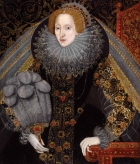
Private Lives of the Tudors
ArticleClick to view -
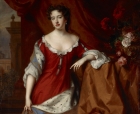
Queen Anne
PodcastClick to view -
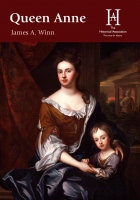
Queen Anne
ArticleClick to view -
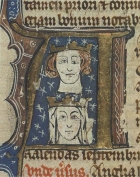
Queenship in Medieval England: A Changing Dynamic?
ArticleClick to view -
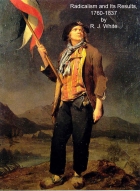
Radicalism and its Results, 1760-1837
ArticleClick to view -
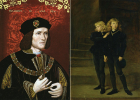
Richard III and the Princes in the Tower: update
ArticleClick to view -
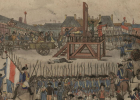
Robespierre: a reluctant terrorist?
ArticleClick to view -
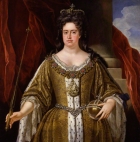
Royal Women: Queen Anne, Elizabeth I and Elizabeth II
Multipage ArticleClick to view -

Space and behaviour at the court of Alexander the Great
ArticleClick to view -

Stalin, Propaganda, and Soviet Society during the Great Terror
ArticleClick to view -
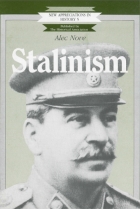
Stalinism
ArticleClick to view -

Taj ul-Alam Safiatuddin Syah: a trailblazing Islamic queen
ArticleClick to view -

Terriers in India
ArticleClick to view -

The 'Era of the Dictators' Reconsidered
ArticleClick to view -
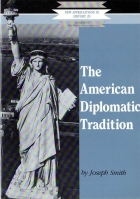
The American Diplomatic Tradition
ArticleClick to view -
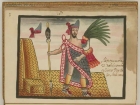
The Aztec Empire: a surprise ending?
ArticleClick to view -
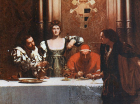
The Borgia: from fact to fiction
ArticleClick to view -

The British Empire on trial
ArticleClick to view

